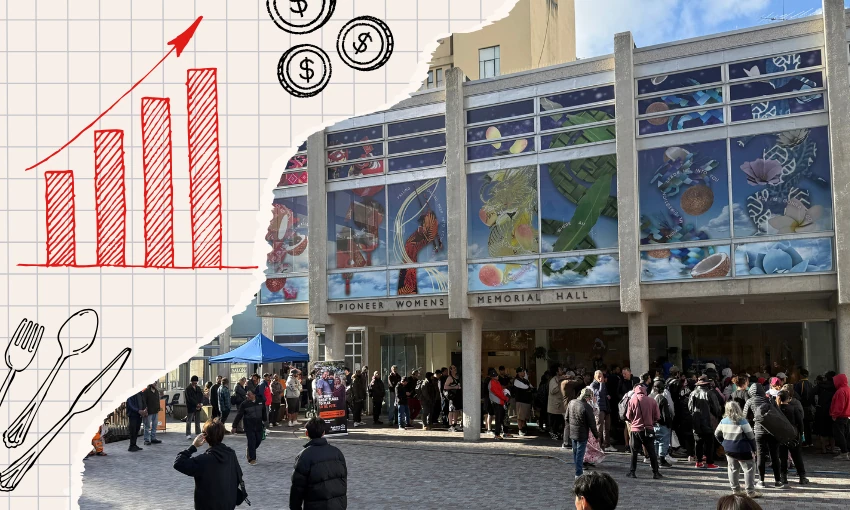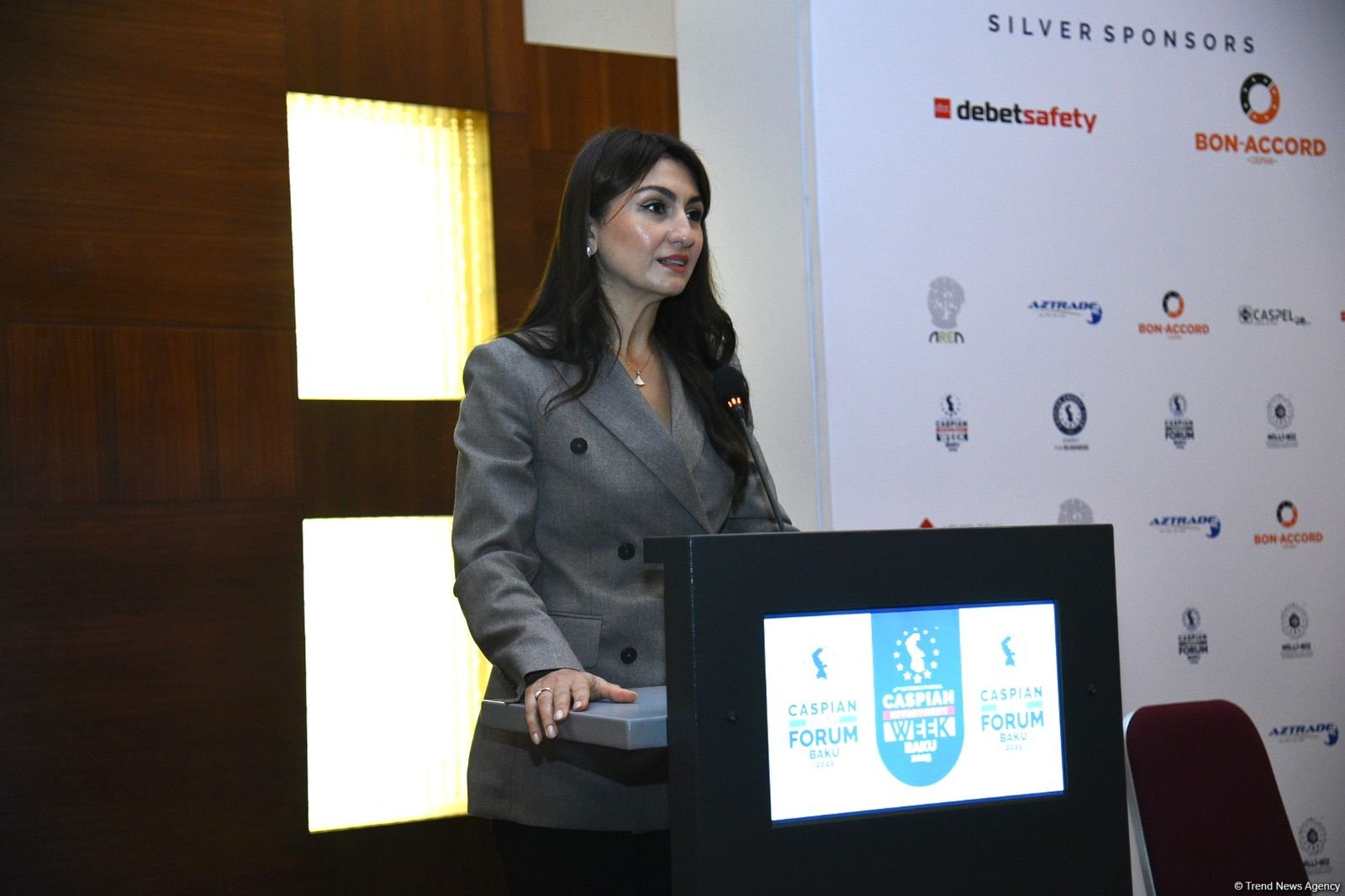Copyright thespinoff

With funding falling short and need only increasing, some are questioning how to continue providing help. With homelessness an increasingly visible part of Auckland CBD’s social fabric, charities providing food and other support for those in need say demand has never been higher, while funding proves increasingly hard to come by. Since launching in 2018 to alleviate food poverty for CBD street whānau, Sunday Blessings has dished up more than 200,000 meals to Aucklanders in need who gather at Freyberg Square and Ellen Melville Centre for kai and other wrap-around services. Lately there have been more than usual; co-founder Danielle LeGallais says they’re seeing around 250 people turning up each Sunday, with a “whopping” 32% increase in meal packs going out compared to the same time period last year (excluding the number provided for Auckland’s World Homeless Day events). She receives phone calls, texts, emails and Facebook messages every week from new people asking for help. LeGallais puts the increase down to several factors, including a reduction in other services. “Funding for food banks has been cut,” she says, so many people who “used to rely on food banks now rely on organisations like ours that are still standing”. They’re now seeing people of all backgrounds, not just those experiencing homelessness, lining up for Sunday Blessing’s meal packs. She also suspects funding cuts to social services have dented people’s resilience and self-sufficiency. “In my own lived experience, when you lose wraparound support systems, you are at risk of losing your spirit to keep up the fight and make it all work for yourself and your family week to week. Arguably one may not feel dignified lining up and asking for kai support, however, when you feel defeated after losing your other support in the context of already experiencing poverty, you may be so exhausted that lining up for kai feels like your only available option.” Alongside rising demand, the charity has had a “huge decrease” in funding this year, securing 29% of what it did in 2024 – which came from local government grants and donations from the public and private organisations. It operates from Ellen Melville Centre just off High Street at no cost thanks to Auckland Council. “This is a massive resource and it is important we acknowledge this.” But they’re worried the future of that base might be precarious due to what she describes as the “loud, false beliefs” of some CBD residents – business owners’ concerns about “antisocial behaviour” among homeless people have also been in the news recently. Nearby on Hobson Street at HomeGround, Auckland City Mission operates Haeata community dining room, serving hot meals 365 days a year for rough sleepers and the vulnerably housed. “It’s a vital space of connection and trust for our street whānau, where relationships begin that can lead to housing and other support,” says Auckland city missioner Helen Robinson. Haeata, which costs $1 million a year to run, doesn’t receive government funding, instead relying on donors and philanthropic partners. It sees around 250 people per day – over 300 when demand is high – and has served 88,947 meals in the 12 months to September, up from 81,437 the year prior, a rise Robinson says coincides with a “sharp increase” in people living without shelter. The mission also runs a food support initiative providing cook-at-home food parcels and essential groceries for people with a residential address, distributed from its Grafton site and partners Ngā Whare Waatea Marae and Papakura Marae. Every week, 650 parcels are distributed, and while demand is high and increasing, the number of parcels has decreased due to a “dramatic reduction” in funding from the government. “Two years ago, we provided 47,000 food parcels [annually]. Following government funding cuts last year, that number fell to 33,000, and this year we’re on track to deliver around 30,000. The reduction this year reflects the reality of flatlined funding and the need to balance limited resources across all of the mission’s essential services.” There used to be more food options for people in need in the central city. From 2017 to 2022, Everybody Eats fed up to 350 people every Monday night via a pay-what-you-can pop-up in St Kevins Arcade, until the charity relocated from the neighbourhood to focus on its permanent Auckland restaurants in Onehunga and Glen Innes. Still servicing Karangahape Road is Merge Cafe (operated by Lifewise), which provides subsidised meals for between $5 and $7. “Despite everything we’re doing, more whānau are turning up in real need – hungry and with no money for food,” says service manager Jolie Leach. “The reality is, demand keeps rising, and we’re seeing an increasing number of whānau who’ve lost their benefits and are relying on us for a free meal just to get through the day.” Merge Cafe’s ‘pay it forward’ initiative helps fund the service, with a $25 donation providing five meals. “Without increased funding and stronger community backing, we won’t be able to keep up with the growing need across Tāmaki Makaurau.” Sunday Blessings is in a “state of massive insecurity” and LeGallais says she is currently faced with a choice about its future. “Continue as is, at a cost to myself – which is what I did for three years in 2018 to 2021 – close up shop at Christmas, or do a massive campaign seeking private funding and create a more sustainable option of a mobile kai truck.” She’s leaning towards the latter, but says it takes time and effort that people working in this space simply don’t have. “We are all tired, but we keep showing up.” For now, the charity is looking at other fundraising measures, like a series of comedy shows by Joe Daymond who, like LeGallais, has experienced homelessness. Tāmaki Makaurau’s “unsheltered homeless” population has nearly doubled in eight months, rising to 809, according to a report from Auckland Council. Contributing factors include changes to housing eligibility: the government reduced the number of people living in emergency housing by 75% (five years ahead of schedule) and celebrated this as a success. But the decline coincided with new “hard-line” rules aimed at “tightening the gateway” into emergency housing. Nationwide, 32% of applications were rejected in March 2025 compared to 4% in March 2024, and in Auckland more grants were declined than approved. Economist Shamubeel Eaqub has called the situation a “predictable consequence” of policy. As he announced a funding increase of $10 million for rough sleepers (among other measures), housing minister Chris Bishop said homelessness is “rooted in our broken housing system, and becomes more severe during challenging economic times”. And as Joel MacManus explained last week, “mass urban homelessness” is a recent phenomenon, and as much an economic problem as a social one. Though New Zealand now produces enough food for 40 million people, food insecurity has increased amid rising prices. One in four children now live in households where food runs out, and according to one survey, over 500,000 New Zealanders now use food banks each month – many of which rely on one-off government funding. From July the government was putting $15 million towards the community food sector, though food banks around the country continue to struggle with high demand and reduced funding. “Current government funding is far from sufficient to meet demand. Without renewed investment, many organisations will be forced to continue to reduce services,” says Robinson. “Food insecurity is driven by a combination of policy settings, economic conditions, and the rising cost of kai. Addressing it requires leadership and long-term investment – including stable government funding for food providers, continued support for school food programmes, and policies that ensure affordable, healthy kai and liveable incomes.”



